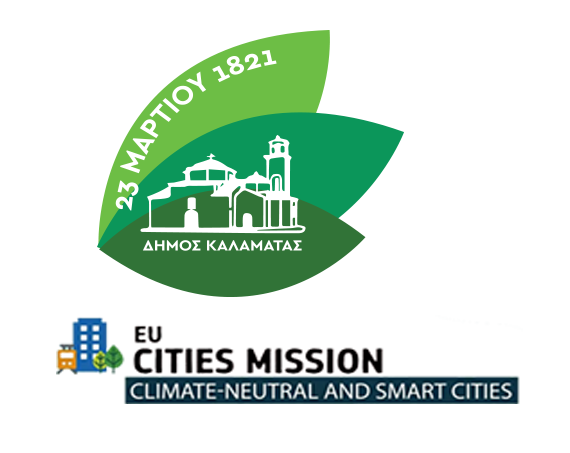Speakers
Urban Planning – Urban Environment – Circular Economy – Waste Management
Roido Mitoula
Roido Mitoula, of Konstantinos and Despina, is a Professor at Harokopio University. She holds a degree in Political Sciences and Public Administration from the National Kapodistrian University of Athens and a Master’s Degree from the Department of Urban Planning and Spatial Planning of the Faculty of Architecture of the National Technical University of Athens, with a specialization in “Architecture – Planning of Space”. He holds a PhD from the H.M.P. on “The Impact of European Integration on the Character of the Greek City”. He has authored books and scientific papers, which have been published in Greek and International Scientific Journals. He has also participated with presentations in Greek and International Scientific Conferences. She collaborates with the Laboratory of Urban Composition of the Hellenic University of Athens and is a Researcher at the Laboratory of Applied Economics and Sustainable Development of the Harokopio University.
She was the Chair of the Department of Home Economics and Ecology from November 2015 to November 2017. She is Editor of Sustainable Development, Culture, Traditions Journal (SDCT-Journal, www.sdct-journal.com) (ISSN 2241-4010) and Editor of the Greek scientific journal “”Sustainable Development, Environment, Culture, Economy, Society (www.sdct-journal.gr) (ISSN 2241-4002). She is the Deputy Director and member of the Coordinating Committee of the Graduate Program “”Sustainable Development”” of Harokopio University. She is a member of Scientific Committees and reviewer in scientific journals and conferences. He has organized International and National Scientific Seminars, Scientific Conferences and Scientific Meetings related to the fields of cities, local and regional development. He is the national representative of Greece in European Union programmes related to Sustainable Development.
GLOBAL OBJECTIVE 11 ON SUSTAINABLE URBAN DEVELOPMENT
On 25 September 2015, the 70th United Nations General Assembly adopted the 2030 Agenda for Sustainable Development and the 17 Global Sustainable Development Goals (SDGs). The 2030 Agenda promotes the integration of all dimensions of sustainable development (social, environmental, economic, economic, cultural) into all sectoral policies, while promoting the interconnection and coherence of SDG-related policies and legislative frameworks. The SDGs create implementation commitments for all countries, developed and developing, taking into account different national realities, levels of development, national policies and priorities.
Goal 11 “Sustainable cities and communities” aims to create affordable, safe, secure, resilient and sustainable cities and communities. Sustainable cities are those whose structure is based on sustainability, social well-being and environmental protection. Their resilient development is interpreted as their resilience to threats and their ability to adapt to and cope with them. In order to best achieve Objective 11, it is broken down into 7 sub-objectives. Therefore, by the year 2030 the following should be achieved:
Ensure access by all to adequate, safe and affordable housing and basic services and upgrade slum areas.
Provide access to a safe, affordable, accessible and sustainable transport system for all, improving driving safety, in particular by expanding public transport, with particular attention to the needs of vulnerable groups such as women, children, people with disabilities and the elderly.
Strengthening resilient sustainable urbanization and capacity for participatory, integrated and sustainable human settlement planning and management in all countries.
Strengthen efforts to protect the world’s cultural and natural heritage.
Significantly reduce the number of deaths and people affected by natural disasters and significantly reduce direct economic losses, relative to global gross domestic product, associated with natural disasters, including water-related disasters, with a focus on protecting the poor and vulnerable social groups.
Reducing the negative per capita impact of cities, including the importance of air quality and urban and other waste management.
Providing international access to safe, resilient and accessible green and public spaces, particularly by women and children, older people and people with disabilities.
The success of all the above-mentioned sub-objectives requires a collective effort, government support and assistance from developed countries to developing countries. The ultimate goal is to create resilient cities and communities in the face of environmental challenges, taking into account the human factor and its well-being.





